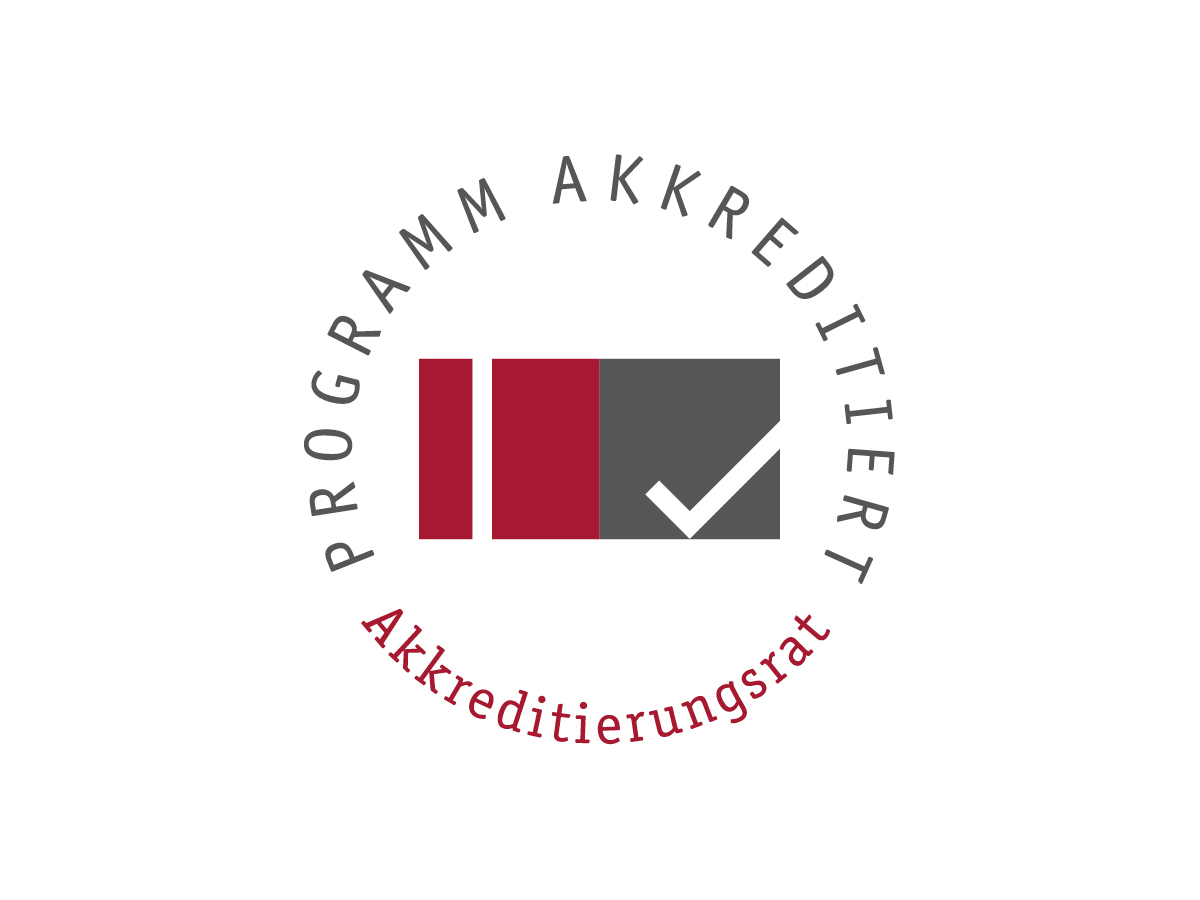Geoenvironmental engineering is of particular importance in today's world, which is characterized by the consequences of global and regional climate change, the effects of the energy transition and the supply of resources for a sustainable industrial society. Modeling and assessing the impact of a wide range of geo- and anthropogenic events requires interdisciplinary knowledge from the fields of applied geosciences, geoinformatics, geomatics, environmental geotechnics and environmental protection engineering.
Job profile and labor market
The tasks of geoenvironmental engineering will continue to increase, not least due to climate change and its consequences, but also due to its influence and the ageing of transport infrastructure. Graduates of the Geoenvironmental Engineering (GEE) degree program will provide the job market with responsible geoenvironmental engineers who are able to think in context and bridge increasingly complex interfaces between different fields of knowledge and engineering disciplines and thus have the necessary knowledge to make a sustainable contribution to planning, construction and monitoring, among other things. The GEE degree program trains engineers who have a broad theoretical and practical knowledge of methods. They can actively and sustainably solve geo-environmental engineering problems. The professional and occupational fields are very diverse due to the generalist training:
- Engineering offices with a geodetic or geotechnical focus
- Environmental risk analysis and assessment
- Environmental management systems (eco-audit)
- Environmental geotechnics (soil and groundwater protection, investigation and remediation of contaminated sites)
- Development of remediation plans and procedures for contaminated sites, landfills, industrial sites and infrastructure developments
- Authorities and research institutions
What makes the degree program in Clausthal special
The Master's degree course in Geoenvironmental Engineering at Clausthal University of Technology is characterized by its interdisciplinary program from the fields of applied geosciences, geoinformatics, geomatics, environmental geotechnics and environmental protection engineering. In line with TU Clausthal's concept for the future, the program trains graduates who can work comprehensively and across disciplines in the field of the circular economy and thus contribute to the supply of resources for a sustainable industrial society in the digital age and against the backdrop of the onset of climate change. The Master's degree course is unique, research-oriented and is also characterized by close supervision of students, high teaching quality and a high level of internationality.
Structure of the study program
The Master's degree program offers three areas of specialization:
- Geomatics and Geomonitoring
- Geotechnics
- Management and disposal of radioactive waste
The common basic framework is formed by mathematical principles, including the approximation of spatial data and their corresponding visualization in GIS-based systems, the intensive examination of sensors and measurement methods for geomonitoring, the discussion of geoprocesses and geohazard assessment as well as questions of radioactive waste management and final disposal in the geological subsurface.
Geomatics and Geomonitoring
- Spatio-Temporal Analysis and Modeling of Geodata
- 3D Point Cloud Based Monitoring of Natural and Anthropogenic Structures
- Optical Remote Sensing and Synthetic Aperture Radar Interferometry
- Multi Sensor Systems: Design, Calibration and Realization
Geotechnics
- Multiphysical processes in geomechanics
- Numerical Modeling
- Tunnel construction & tunnel statics
- Applied geotechnics
Management and disposal of radioactive waste
- Waste management and legal regulations
- Design, construction and operation of repositories
- Fundamentals of long-term safety analysis
- Mathematical methods in long-term safety analysis

Prof. Dr.-Ing. Jens-André Paffenholz
Phone: +49 5323 72-3333
E-mail: ma.geeng@tu-clausthal.de
Institute of Geo-Engineering
Erzstraße 18, Room 214
38678 Clausthal-Zellerfeld
Overview
Type of program: Master
Duration: 4 Semester
Language of instruction: German
Degree: Master of Science (M.Sc.)
Start date: Admission to the winter semester, but also to the summer semester possible.
Accreditation: Bescheid des Akkreditierungsrates
akkreditiert bis 30.09.2028
Beginning of studies
Welcome Weeks (before lectures begin)
TU Clausthal supports students as they start their studies with various event formats.
Pre-course in mathematics (before the start of lectures)
The Institute of Mathematics offers a pre-course in mathematics for Bachelor's degree programmes (in German). Master's students who would like to refresh their mathematics knowledge are also welcome to attend this course.
Admission requirements
The TU Clausthal offers the bachelor program Geoenvironmental Engineering. This forms a unit with this master's program. For external applicants, the admission requirement is usually a bachelor's degree in civil engineering, geodesy and geoinformatics, geology or a closely related field of study. If you have any questions, please contact the study advisor.
Documents
Further information material
Model study plans
Legal basis
Admission regulations
Elective module catalog
Module Manual



